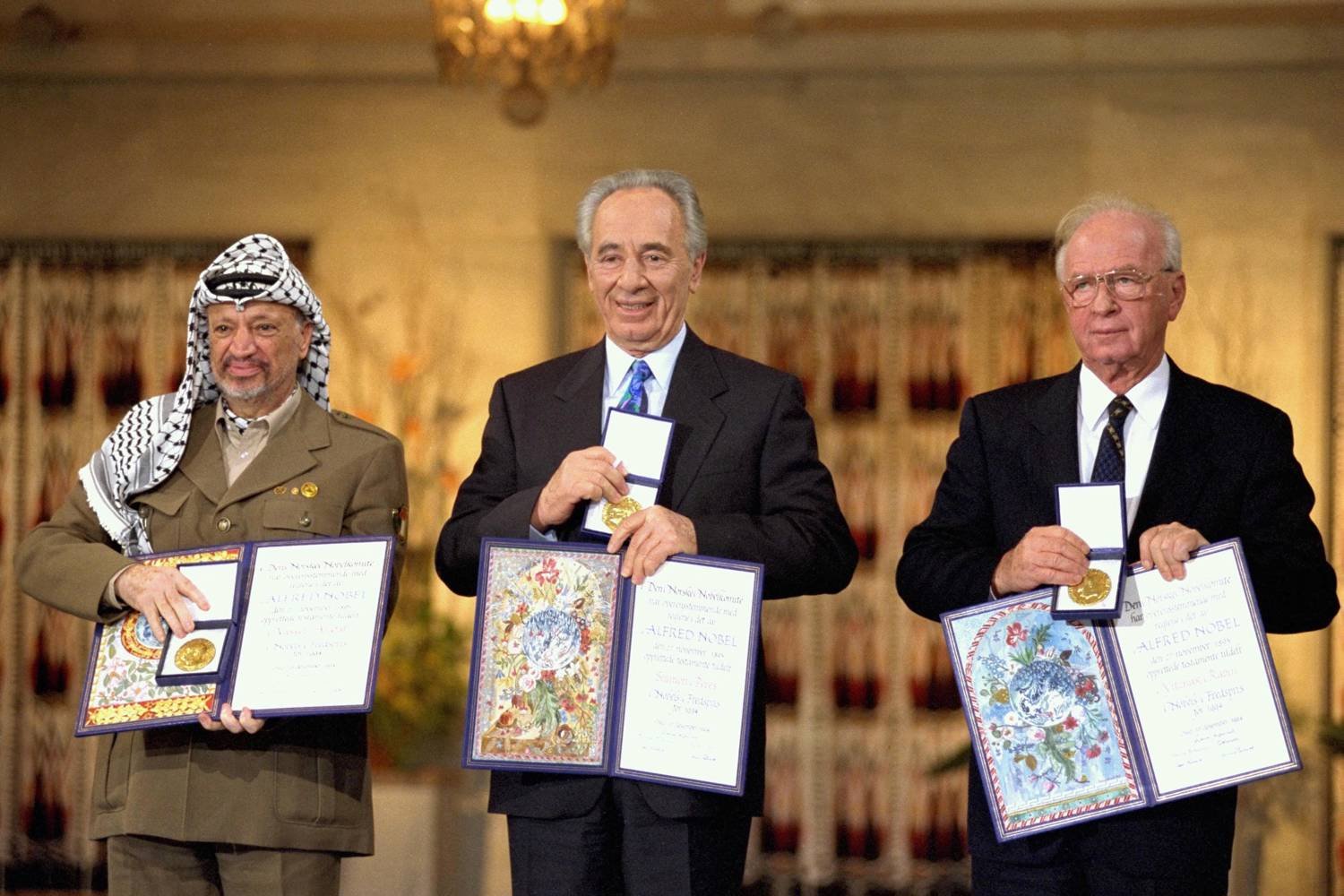For more than three decades, the Israeli-Palestinian conflict has been framed through the lens of the Oslo Accords. The logic of that framework was simple: Palestinian statehood would come as the end result of a negotiated two-state solution. Recognition, Western governments repeatedly argued, could only follow, never precede, a peace agreement.
That assumption is now breaking down. In September 2025, the United Kingdom and Canada formally recognized the State of Palestine. Days later, France joined them at the United Nations General Assembly. The shift represents a profound recalibration in Western diplomacy: three of the West’s most influential democracies have moved beyond symbolic gestures and taken binding diplomatic action, signaling that the politics of Palestinian statehood in the West have entered a new phase.
The End of Oslo’s Logic
Until recently, Western recognition of Palestine remained limited and symbolic. Sweden broke ranks in 2014, formally extending recognition, but most EU and NATO members refrained. Their resistance rested on two arguments: first, recognition must follow direct negotiations between Israelis and Palestinians; and second, unilateral recognition risked damaging relations with Israel and undermining the fragile peace process.
This logic was closely tied to Washington’s position, which insisted recognition should be the outcome of negotiations, not a substitute for them. But by 2025, the conditions that sustained this policy had collapsed. Israeli settlement expansion across the West Bank had accelerated, the Oslo framework had effectively disintegrated, and recurrent wars in Gaza created mounting political and humanitarian pressure in Europe and North America.
The United Kingdom
On 21 September 2025, the UK formally recognized Palestine. Prime Minister Keir Starmer described the move as necessary to preserve the possibility of a two-state solution, grounding recognition in the 1967 borders while explicitly excluding Hamas from any future governance.
This represented a major departure from the cautious approach of previous governments. For decades, both Labour and Conservative leaders resisted recognition, arguing it would undermine negotiations. By acting, London aligned itself with states such as Ireland, Spain, and Norway, signaling that the UK was prepared to diverge from the long-standing U.S. position.
Canada
That same day, Prime Minister Mark Carney announced Canada’s recognition of Palestine. The Canadian government tied recognition to specific conditions: democratic reform, free elections, demilitarization, and the exclusion of Hamas. Carney emphasized that recognition was not intended as a reward but as a means of keeping alive the possibility of a negotiated peace.
For Ottawa, this was one of the most consequential shifts in foreign policy in decades. Traditionally aligned with Washington and Tel Aviv, Canada had resisted recognition for years. Its decision marked a rare moment of independence from U.S. Middle East policy and underscored the growing international momentum behind Palestinian statehood.
France
France followed within days, announcing recognition during the UN General Assembly. President Emmanuel Macron described the move as consistent with France’s “historic commitment to a just and lasting peace,” coupling recognition with calls for a ceasefire in Gaza, humanitarian access, and the release of hostages.
France’s decision carries unique weight. As a founding EU member and a permanent member of the UN Security Council, Paris has the ability to shape broader multilateral debates. Its recognition was not merely symbolic but a signal to the rest of Europe that continued deferral was increasingly untenable.

Responses and Repercussions
Israel immediately condemned the decisions, recalling ambassadors from the three capitals and warning that recognition rewarded violence and weakened prospects for peace. The United States also criticized the announcements, repeating its longstanding position that recognition should follow, not precede, negotiations.
Within the European Union, divisions deepened. Ireland, Spain, Belgium, and Slovenia supported the moves, while Germany, the Netherlands, and much of Central and Eastern Europe rejected them. The lack of consensus reinforced the EU’s struggle to present a unified foreign policy on one of the most pressing international issues of the day.
What Drove Recognition
Several dynamics explain why recognition gained traction in 2025. The humanitarian toll of repeated Gaza wars galvanized public and political opinion, making the continuation of a purely symbolic policy untenable. Legal momentum added further pressure: proceedings at the International Court of Justice and the International Criminal Court reframed the question of Palestine’s status as one of international law, not just diplomacy.
The collapse of negotiations convinced many governments that waiting for a final settlement was unrealistic, and recognition was reframed as a precondition for reviving rather than replacing the two-state solution. Finally, in an increasingly multipolar world, European and North American governments sought to assert foreign policy independence from Washington, using recognition to project both moral and political leadership.

Consequences of Recognition
Recognition does not alter realities on the ground. Borders remain contested, Israeli security control persists, and Palestinian politics remain divided between the Palestinian Authority and Hamas. Yet recognition changes the diplomatic landscape. It enhances Palestine’s legitimacy in international institutions, strengthens its ability to pursue claims in legal forums, and increases pressure on Israel from states once considered reliable allies. For the West, these decisions create a precedent that makes continued inaction harder to justify.
The immediate impact may be limited, but the symbolic and political weight of recognition is significant. It signals that the longstanding deferral strategy, waiting indefinitely for a peace process that has ceased to exist, has run its course.
Outlook
The recognitions by the United Kingdom, Canada, and France mark the most significant diplomatic shift on Palestinian statehood since the mid-1990s. They underscore the erosion of Oslo’s logic and the emergence of a new politics in which recognition is no longer the outcome of negotiations but a tool to revive them.
Whether this momentum leads to broader recognition or entrenches existing divides remains uncertain. What is clear, however, is that the political calculus in the West has changed. The politics of Palestinian statehood, once confined to symbolic votes and deferred promises, are now being redrawn in real time.








